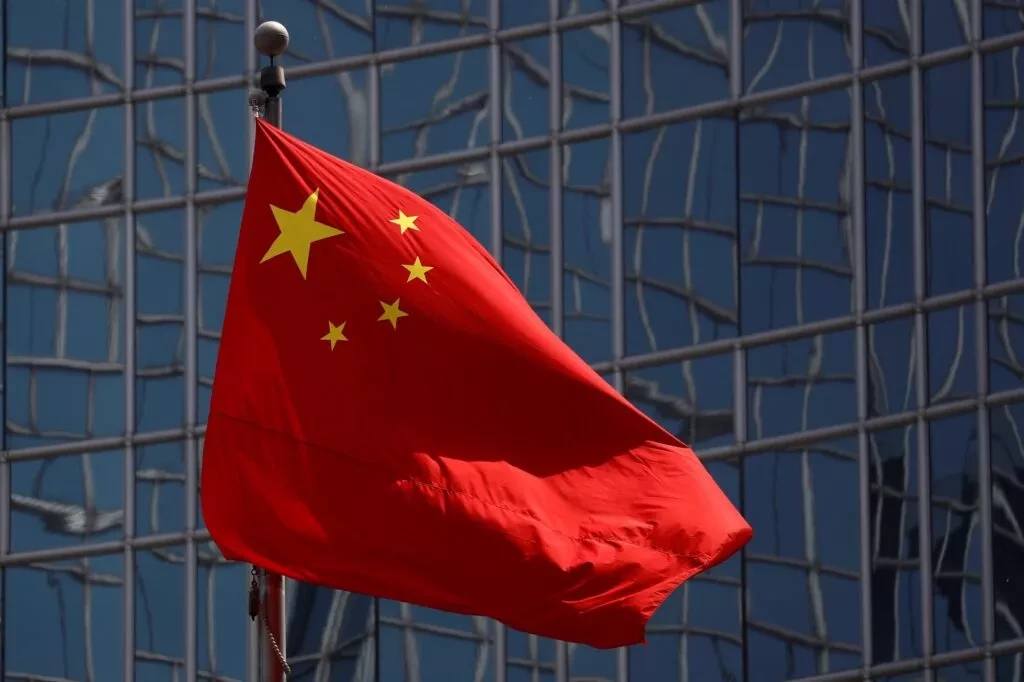
THE Zimbabwe dollar exchange rate has reached new lows against the greenback this quarter, fuelled by expanding money supply.
This followed several factors, including a rising public wage bill, increased government and presidential election spending, along with reduced borrowing cost in line with decelerating inflation. The adoption of blended inflation has led to a misleading inflationary outturn in Zimbabwe dollar terms.
This has raised fears of value loss and subsequently, necessitated the rapid demand for US dollars as a safe haven.
Exchange rate arbitrage is a trading strategy that involves taking advantage of differences in exchange rates between two or more currencies. This strategy is based on the principle that currency values are constantly fluctuating, and this can create opportunities for traders to make profits by buying and selling currencies at different rates.
On the formal currency market, the Zimbabwe dollar exchange rate moved from ZW$930, at the end of March, to ZW$1 047 per US$1 at the end of April. On the parallel market, the exchange rate moved from ZW$1 400 at the end of March to over ZW$2 000 at the end of last month. The difference between the formal and parallel exchange rate reflects a 120% premium. This means one gets to benefit a 120% arbitrage profit by accessing USD on the formal market and disposing of them on the parallel market. This has seen a rise in the viability of currency exchange as a “business” in the highly informalised economy.
If one earns US dollars and disposes US$100 on the informal market, they get more than ZW$200 000. If they access US dollars on the formal market at a lower rate, they get US$220. This indicates US$120 created from mere arbitrage, not from hard work. Now, suppose someone with easy access to both markets directly or indirectly through the use of agents at a commission, with larger amounts, this means activity on the parallel market will remain high. The black market will continue to thrive.
In essence, management of the premium between the two currency markets is imperative for the central bank in minimising viability of the parallel market. It is also imperative to note that every country has an existing parallel currency market. However, the viability of these markets is highly dependent on available arbitrage opportunities through the premium margin.
A 100% premium, as highlighted above, would likely lead to an increase in Zimbabwe dollar inflation in reality, despite not being officially published as an independent statistic.
- ‘Inflation could shoot to 700% by April next year’
- New perspectives: Inflation control critical for economic growth
- Inflation spike: Why interest rates aren’t the answer
- Village Rhapsody: Govt must ensure that devolution works
Keep Reading
This is because the cost of imported goods will increase significantly, leading to higher prices for consumers. Inflation can also occur when businesses pass on their increased costs to consumers.
If not managed, this could have an impact on international trade. If there is such a high premium, it may make it more difficult for businesses to import or export goods because they cannot afford the higher costs associated with exchanging currency. A 100% premium can also lead to increased volatility in financial markets. Avid traders may take advantage of the situation by engaging in speculative trading activities that could further destabilise markets.
In a statement issued during last week’s Zimbabwe International Trade Fair, Finance and Economic Development minister Mthuli Ncube said the Reserve Bank of Zimbabwe would consider raising interest rates to over 200% in a bid to curb the rampant exchange rate. In 2022, the country saw a slow-down in exchange rate depreciation as well as inflation following contractionary monetary measures, which included a raise in interest rates. An increase in borrowing costs results in decreased borrowing in value terms, and thus a reduction in money-supply growth.
- Duma is a financial analyst and accountant at Equity Axis, a leading media and financial research firm in Zimbabwe. — [email protected] or [email protected], Twitter: TWDuma_.











